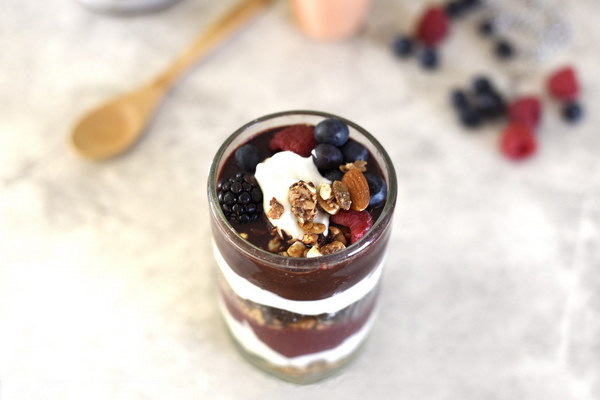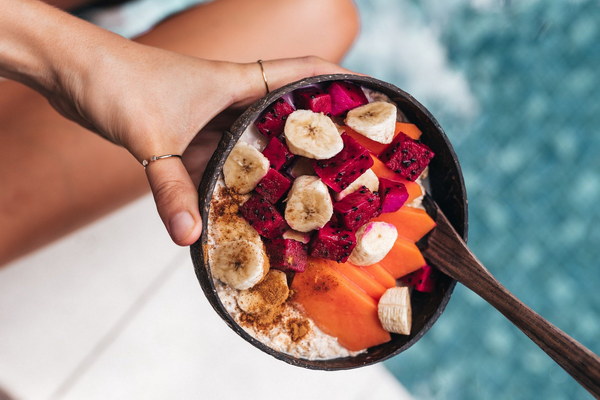Balancing the Body Nurturing Wellness Without Inflammation
In today's fast-paced world, the concept of inflammation-free living has become a cornerstone of holistic health. When the body lacks inflammation, it opens the door to a realm of possibilities for overall well-being. But what exactly should one focus on when striving for an inflammation-free life? This article explores the key areas to nurture for a balanced and vibrant existence.
1. Nutritional Foundation
A well-balanced diet is the first step towards an inflammation-free life. Foods that are rich in anti-inflammatory properties can help mitigate the body's natural inflammatory response. Here are some key elements to consider:
- Omega-3 Fatty Acids: Found in fish like salmon, sardines, and mackerel, as well as flaxseeds and walnuts, omega-3s are known for their anti-inflammatory effects.
- Antioxidants: Fruits and vegetables such as berries, spinach, kale, and bell peppers are packed with antioxidants that help combat inflammation.
- Whole Grains: Foods like quinoa, brown rice, and oats contain fiber and nutrients that support gut health and reduce inflammation.
- Probiotics: Foods containing probiotics, such as yogurt, kefir, and sauerkraut, can help maintain a healthy gut flora, which is crucial for reducing systemic inflammation.
2. Hydration and Detoxification
Proper hydration is essential for maintaining a balanced body and aiding in the removal of toxins that can contribute to inflammation. Here are some tips to ensure adequate hydration:
- Water Intake: Aim to drink at least 8 glasses of water a day to keep the body hydrated.
- Detoxifying Beverages: Green tea, herbal teas, and lemon water can help flush out toxins and support liver function.
- Mindful Eating: Avoid processed foods and beverages high in artificial sweeteners and preservatives, which can exacerbate inflammation.
3. Regular Exercise

Physical activity is a powerful tool in reducing inflammation. Regular exercise can help regulate the body's inflammatory response and improve overall health. Here are some exercise recommendations:
- Aerobic Activity: Activities like brisk walking, jogging, or cycling can increase heart rate and improve blood flow, aiding in inflammation reduction.
- Strength Training: Building muscle can help decrease body fat, which is associated with increased inflammation.
- Yoga and Mindfulness: Practices such as yoga and mindfulness can help manage stress, which is a known trigger for inflammation.
4. Quality Sleep
Sleep is a vital component of an inflammation-free lifestyle. During sleep, the body repairs itself and reduces inflammation. To ensure quality sleep:
- Establish a Routine: Go to bed and wake up at the same time each day to regulate your body's internal clock.
- Create a Sleep-Conducive Environment: Make sure your bedroom is quiet, dark, and at a comfortable temperature.
- Limit Screen Time: Avoid screens at least an hour before bed to reduce exposure to blue light, which can disrupt sleep patterns.
5. Stress Management
Chronic stress can lead to increased inflammation in the body. Techniques to manage stress include:
- Mindfulness and Meditation: These practices help bring focus to the present moment, reducing the body's stress response.
- Social Support: Building a strong support network of friends and family can provide emotional support and reduce feelings of isolation.
- Hobbies and Interests: Engaging in activities you enjoy can provide a much-needed break from stress.
By focusing on these five key areas—nutrition, hydration, exercise, sleep, and stress management—you can work towards maintaining an inflammation-free body. Remember, the journey to wellness is a personal one, and it's important to listen to your body's needs and make adjustments as you go. Embrace the path to a balanced and vibrant life without inflammation.









